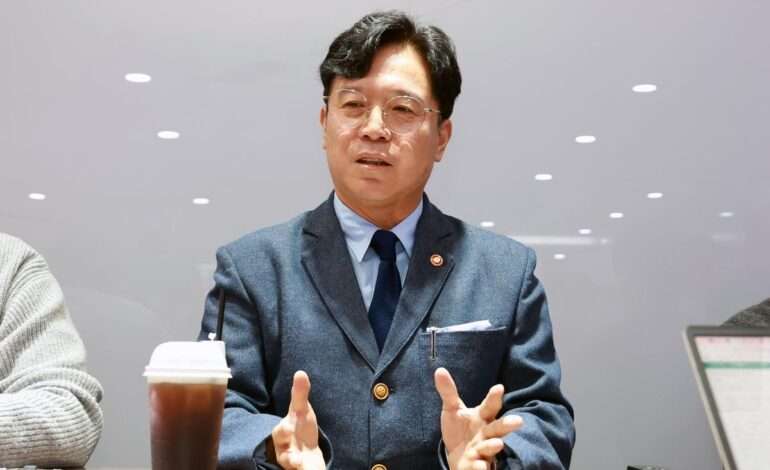
South Korea’s labour minister urges passage of retirement age bill amid ageing population concerns
South Korea’s Labour Minister Kim Young-hoon on Thursday renewed his call for lawmakers to pass legislation raising the statutory retirement age before the end of the year, stressing that the country must confront the realities of its rapidly ageing population. Speaking to reporters at the government complex in Sejong, Kim said extending the retirement age is “a path that must be taken,” even as he acknowledged the deep divisions between labour and business groups.
Kim noted that one of the biggest challenges is balancing the interests of older workers who wish to remain employed longer with the needs of the younger generation seeking secure jobs. South Korea already faces intense competition for positions at major corporations and public institutions, which remain the most sought-after among youth.
“Raising the legal retirement age could lead to clashes when it comes to jobs at large companies and public institutions,” he said, warning that without careful planning, businesses may be forced to reduce youth hiring. “We need to find a middle ground where both generations can coexist.”
Labour unions have demanded that the National Assembly pass the bill this year, arguing that workers face a significant financial burden during the five-year gap before national pension benefits begin at age 65. Advocates say raising the retirement age would provide stability and help manage demographic pressures as South Korea’s ageing rate continues to accelerate.
Business groups, however, caution that pushing through the change without adequate support measures could worsen labour market rigidity, reduce corporate investment, and limit opportunities for young jobseekers. Several major industry associations have suggested alternatives, including expanding reemployment programmes for retirees rather than extending the legal retirement age outright.
When asked whether he still believes the bill must pass by year-end, Kim said his position remains unchanged. He stressed that the government’s role is to “bridge the differences between labour and management as much as possible” to facilitate a negotiated outcome. He also clarified that the government does not plan to introduce its own proposal at this stage, preferring consensus-building among stakeholders.
South Korea last raised its legal retirement age in 2016, when the age of 60—formerly just a recommendation—became mandatory nationwide. With life expectancy rising and the workforce shrinking, the debate over further extending retirement continues to intensify.